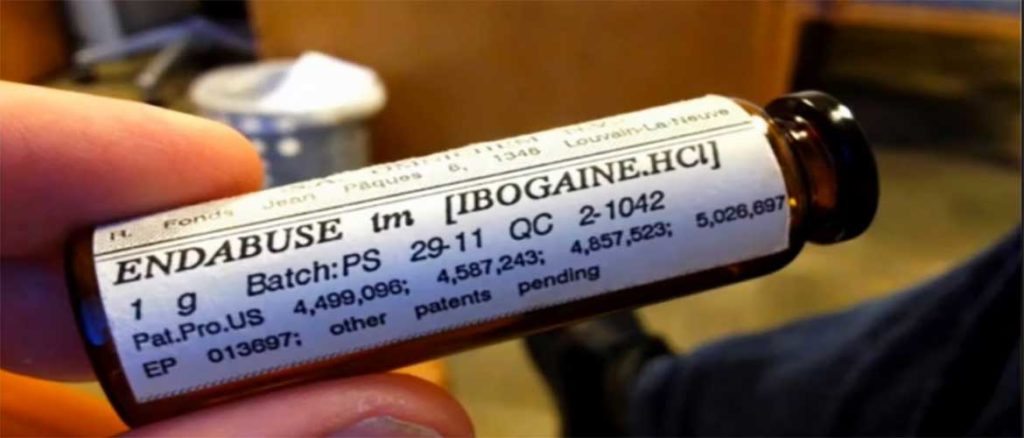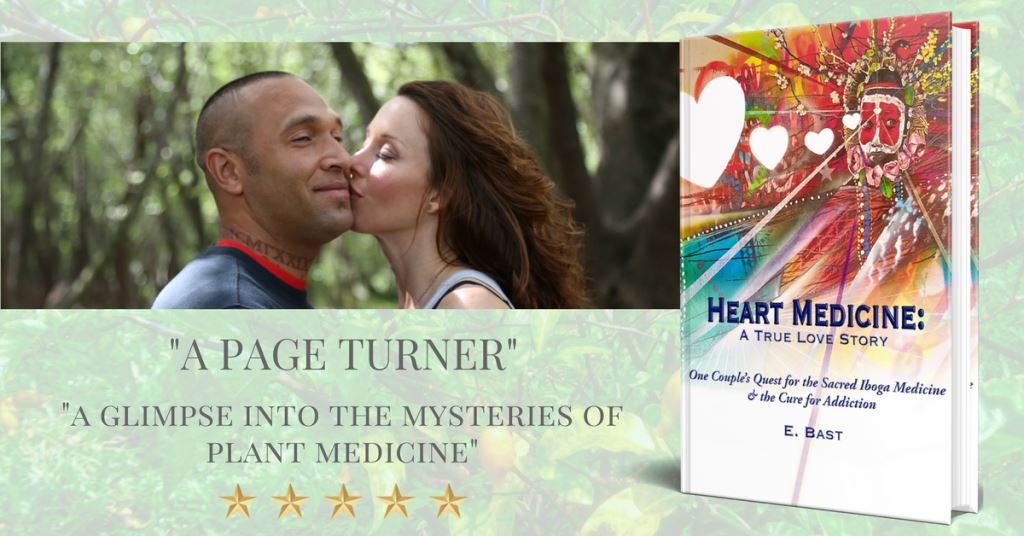7 Life-Saving Safety Tips for Addiction Treatment with Iboga & Ibogaine

We are in the midst of a global opiate addiction and overdose epidemic. According to the United Nations Office on Drugs and Crime (UNODC), in its 2017 World Drug Report, “Opioids were the most harmful drug type and accounted for 70 per cent of the negative health impact associated with drug use disorders worldwide.”
One of the most promising opioid addiction therapies involves treatment derived from a powerful psychedelic plant medicine from Africa – iboga. Iboga and ibogaine, a psychoactive alkaloid derived from iboga, are being used as an alternative medication-based treatment for addiction in some countries and they have seen high success rates in cutting drug cravings and supporting drug abstinence. However, iboga and ibogaine-based therapies are not a magic bullet; they require sincere intentions and quality aftercare.
MUST READ: Iboga Vs Ibogaine – Which Is Better for Addiction Treatment?
In general, iboga and ibogaine can be administered safely and without incident, especially when done with proper medical screening and qualified supervision. However, ibogaine treatment can be fatal when complicated by additional factors: contraindicated medical conditions (insufficient medical screening), contraindicated drugs or medications, improper dosing, inexperienced providers, self administration, or adulterated medicine.
If you are considering using iboga or ibogaine for addiction therapy, here are some important safety tips.
There are always various risks associated with psychoactive medicines. These points are for informational and harm reduction purposes only, and they are not intended to be a substitute for professional medical advice, diagnosis, or treatment.
1. Find a Qualified Provider
It is essential to have a qualified provider, medical screening, and medical support for all iboga and ibogaine treatments, whether it is for drug detoxes or psycho-spiritual journeys for healthy individuals. One of the ways to determine if the facilitator or center is qualified is if they are familiar with clinical guidelines for ibogaine treatment, such as the guidelines published by the Global Ibogaine Therapy Alliance.
If an addiction is being treated, the provider must be highly experienced and knowledgeable about the many additional medical and psychological details involved with detox. More, iboga and ibogaine can have a great range of potency and quality, and poor quality medicine may not be effective for addiction treatment. A proficient provider will know the potency and quality of their medicine.
MUST READ: 7 Steps to Finding a Qualified Iboga or Ibogaine Provider
2. Be Completely Transparent with Your Provider
It is imperative to be completely honest with your prospective provider with regards to medications, substance addictions, health conditions, history of mental illness, or any other matters. Follow the guidelines and protocols set forth by your provider. Do not bring in other drugs. Iboga and ibogaine can be fatal if immediately mixed with many other drugs, especially opiates. The medicines must be given a chance to work.
3. Responsibly Wean Down Off Contraindicated Drugs First
Methadone and Suboxone are often more difficult to detox than heroin, even with iboga and ibogaine treatment. A medically supervised weaning down process and additional treatments may be required. Many people have reported that Kratom has been very helpful as a natural, non-toxic option for weaning down from long-acting opioids in preparation for treatment. Kratom is beyond the scope of this article, and personal research is recommended.
For a detox from methamphetamines, crack, cocaine, or other strong stimulants, a period of abstinence of two to four weeks may be required prior to treatment with iboga and ibogaine in order to avoid dangerous cardiac arrhythmias.
Certain medications, including SSRIs, are contraindicated for working with iboga and ibogaine. A medically supervised weaning process and several weeks of abstinence may be required.
Iboga and Ibogaine are known to alleviate withdrawal symptoms for opiates, but not for benzodiazepines or alcohol dependency. To avoid potentially fatal withdrawal seizures associated with benzodiazepines or alcohol dependency, a medically supervised weaning process and a period of abstinence is recommended as best practice. Some providers may offer treatment before a weaning process from these substances when physically dependent, but the risk of adverse events is substantially higher.
Once the contraindicated substances are eliminated or weaned to a safe level, iboga can then detox, reset the system, and heal the soul in a profound way.
Consult with a qualified provider to determine the best medical protocol for your unique situation.
4. Do Not Mail Order
Doctors and traditional practitioners alike warn against mail ordering iboga and ibogaine. Neuroscientist and ibogaine researcher Dr. Deborah Mash has discovered through laboratory testing that products sold online as “iboga” and “ibogaine” are often adulterated and potentially lethal, poor quality at best, and sometimes the wrong plant. More, it may not have been procured in an environmentally sustainable, culturally sensitive, or ethical manner. Mail ordered medicine has also been associated with elephant poachers. A better approach, though one that requires more patience, is to develop relationships with African communities and work with qualified providers who have access to high quality, ethically sourced medicine.
5. Do Not Self Administer
Self administration and inexperienced providers are one of the common characteristics observed in ibogaine related fatalities according to a longterm study presented by Dr. Kenneth Alper. Administration of these medicines requires nuanced skill, extensive knowledge, and emergency medical support.
6. Use These Medicines with Respect
Strong personal intentions are important. Respectful cooperation with the provider and the medicine itself is helpful. Furthermore, iboga and ibogaine are not a crutch to break addictions repeatedly. As the medicines lower tolerance to drugs, the danger of overdose increases dramatically after treatment. Traditionalists say that the medicine will not allow it’s gifts to be plundered, and regarding the medicine with an exploitative, consumerist attitude can be dangerous.
MUST READ: How A Powerful Psychedelic From Africa is Treating Opioid Addiction…& the U.S. Doesn’t Care
7. Commit to Sobriety, Integration, and Redesigning Your Life
It’s important to understand that iboga and ibogaine are not an easy one-shot solution for addiction treatment. For best results, these medicines require dedicated preparation, participation, integration, and ongoing support. Proficient providers will offer resources or guidance in these areas. The medicine often provides clear instructions for life changes; it may also be necessary to exit toxic environments and learn new life skills.
Additional elements can help to sustain the freedom from addiction that iboga offers: spiritual disciplines such as yoga and meditation, ongoing counseling, addiction recovery and psychedelic medicine integration coaches, healthy diet, good community, a safe and nourishing environment, therapeutic touch, 12-Step programs, other support groups, and artistic expression.

